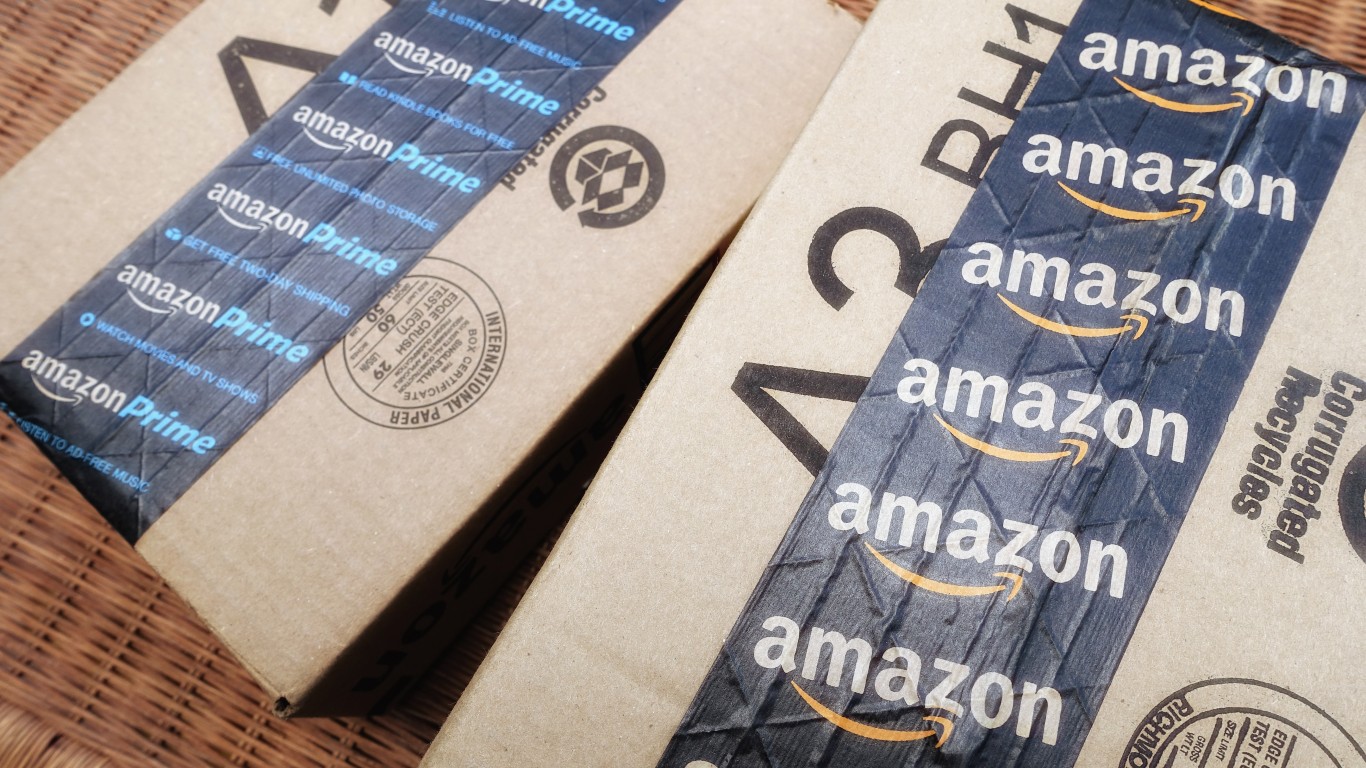

There are less than two weeks until the unofficial start of the holiday shopping season: Thanksgiving, Black Friday and Cyber Monday. October’s sales, based on Adobe’s tracking system, were about $72 billion, in line with last year. That could be bad news. People who spend early do not spend late. The month before Christmas looks bleak for retailers. Inflation has surged for most of 2022, and the recession has begun to make consumers cautious.
[in-text-ad]
The National Retail Federation expects holiday spending to rise as little as 6% this year to $963 billion. Its forecast covers November and December. Last year, the final figure for that period was just below 14%. The NRF is the retail industry’s lobbying group, so it may be optimistic. The organization admits inflation and higher prices are headwinds. It hopes Americans have saved enough money this year to be aggressive shoppers. That assumes they will not want to save their money for what could be a difficult year financially in 2023.
“Headwinds” is a code word for difficulty, and the observation is apt for several reasons. Big retailers already have started to show signs their sales will suffer. Holiday hiring is low. CNN Business reported that retailers are already cautious. That will suck hundreds of thousands of temporary workers out of the economy. Those workers would have been shoppers, albeit ones with modest amounts of money in their pocketbooks. That part of consumer spending is reduced.
One of the most alarming signals of holiday trouble is that Amazon is about to fire 10,000 people. The move would be less likely if it expected a large uptick in sales. Amazon’s e-commerce sales have been lighter than usual. It offered weak guidance for the final quarter of the year. No other American corporation is a better indicator of holiday sales trouble, with the possible exception of Walmart, the largest retailer in the country.
Extremely weak retailers like Bed Bath & Beyond may disappear if sales are not robust. And retailers like Gap may need to get much smaller next year.
Thank you for reading! Have some feedback for us?
Contact the 24/7 Wall St. editorial team.
 24/7 Wall St.
24/7 Wall St.


